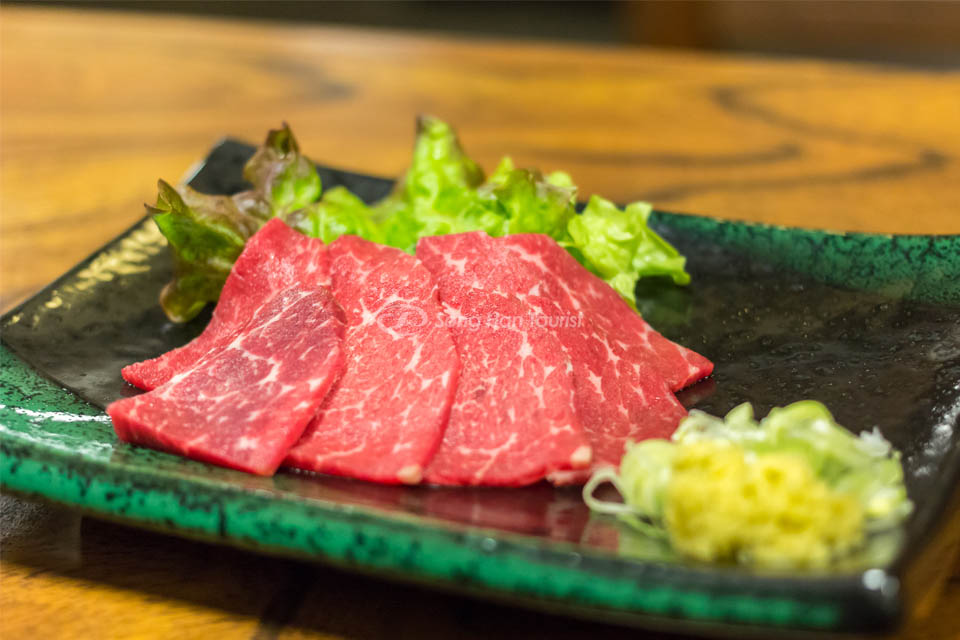No products in the cart.
[Nguyên Liệu Nấu Basashi Thịt Ngựa Sống Nhật Bản, Các Bước Nấu] Basashi là một món ăn truyền thống Nhật Bản được làm từ thịt ngựa sống thái mỏng. Nó là một món ăn phổ biến ở các khu vực nông thôn của Nhật Bản, và ngày càng phổ biến ở các thành phố lớn. […]

